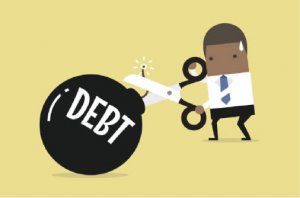
One of the most empowering things in the world is being financially independent. Financial independence means more than just living debt free, as it may not be realistic to completely eliminate debt when it comes to modern living.
What it really means is having a good, long-term plan when it comes to your finances, budgeting your expenses well and making informed decisions when it comes to credit.
Here are 5 tips for financial independence:
Tip #1: Make time for serious financial planning.
Most people have an ‘idealised’ idea of what financial independence is, but most of these ideas can probably use a reality check. Consider what your ideal vision actually looks like, and then gather some qualified financial advice to set (or reset) your course. The road to financial independence may be significantly different at age 25 than it is at age 60. No matter what your age is, start by getting a realistic picture of what options you have, then make your plans accordingly.
Something that can really help you when it comes to financial planning is knowing exactly where you stand when it comes to credit health. If you haven’t done so recently, get your full credit report with credit score – use it as a guide to see which areas of your finances need additional attention.





